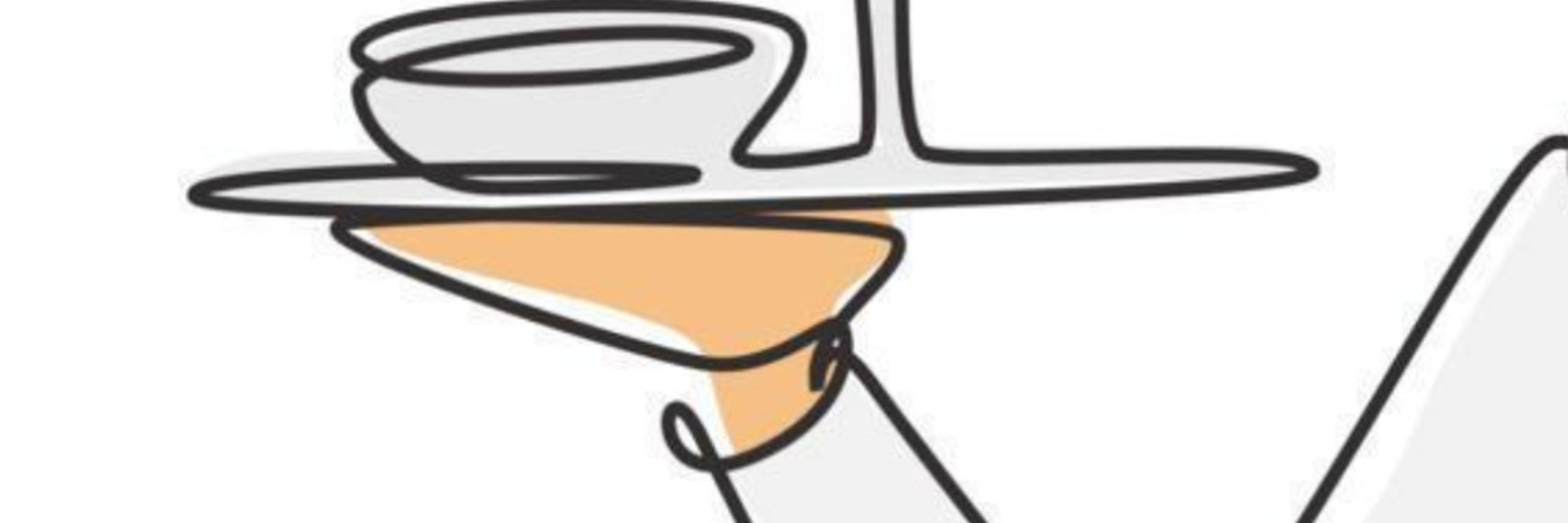



a 🧵 1/n
Drain: arxiv.org/abs/2511.04820
Strain: direct.mit.edu/qss/article/...
Oligopoly: direct.mit.edu/qss/article/...




a 🧵 1/n
Drain: arxiv.org/abs/2511.04820
Strain: direct.mit.edu/qss/article/...
Oligopoly: direct.mit.edu/qss/article/...




a 🧵 1/n
Drain: arxiv.org/abs/2511.04820
Strain: direct.mit.edu/qss/article/...
Oligopoly: direct.mit.edu/qss/article/...



In this #ShortCommunications Stephens, @lenating.bsky.social and Cope (Emory University and Georgia Institute of Technology) question how can combinations of feedback from multiple propriosensor types signal muscle mechanical state variables for control.
📜 buff.ly/PLi6tYp


What happened to me ?
What happened to me ?
www.biorxiv.org/cgi/content/...
We’re all familiar with having to practice a new skill to get better at it, but what really happens during practice? The answer, I propose, is reinforcement learning - specifically policy-gradient reinforcement learning.
Overview 🧵 below...

www.biorxiv.org/cgi/content/...
We’re all familiar with having to practice a new skill to get better at it, but what really happens during practice? The answer, I propose, is reinforcement learning - specifically policy-gradient reinforcement learning.
Overview 🧵 below...
📜 Read the #Research: physoc.onlinelibrary.wiley.com/doi/10.1113/...

📜 Read the #Research: physoc.onlinelibrary.wiley.com/doi/10.1113/...

https://doi.org/10.1523/ENEURO.0487-23.2025

https://doi.org/10.1523/ENEURO.0487-23.2025
Does anodal tDCS over M1 really enhance motor sequence learning? A non-replication of earlier findings in a double-blind, pre-registered large-sample study in humans
www.medrxiv.org/content/10.1...

Does anodal tDCS over M1 really enhance motor sequence learning? A non-replication of earlier findings in a double-blind, pre-registered large-sample study in humans
www.medrxiv.org/content/10.1...

